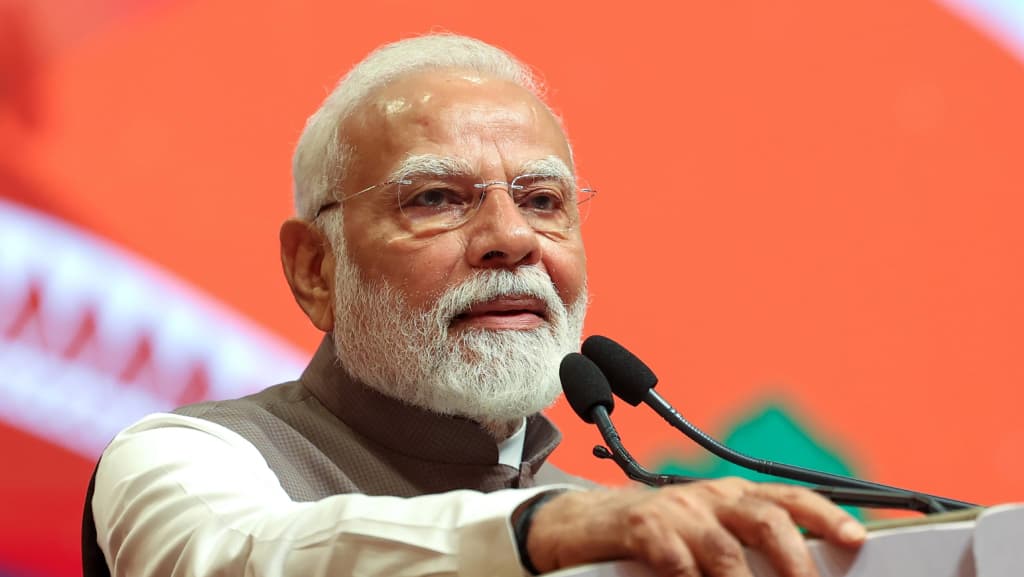
PM Modi Calls for Urgent Global Institutional Reforms
At the BRICS summit, Modi urges equitable representation and greater say for the Global South.
At the 17th BRICS Summit, Indian Prime Minister Narendra Modi made a strong appeal for urgent reforms in global institutions such as the United Nations and World Trade Organisation, stressing the need to empower the Global South. Speaking at the virtual summit, Modi emphasised that existing structures of global governance fail to reflect current geopolitical and economic realities.
Modi stated that outdated institutions, originally shaped in a different era, must be restructured to give a more representative voice to emerging economies and developing nations. He highlighted that while the Global South constitutes the majority of the world’s population, it remains underrepresented in decision-making forums.
“The need of the hour is to reform global institutions so they reflect the realities of the 21st century. Only then can they remain effective,” Modi asserted.
Key Reform Focus Areas
-
UN Security Council Reform: Modi reiterated India's long-standing demand for permanent membership in the UNSC, citing the need for equitable geographical representation.
-
Inclusive Economic Structures: He called for reforming global financial and trade institutions like the IMF, World Bank, and WTO, so that rules do not disproportionately favour developed countries.
-
Technology Access and Climate Equity: Modi advocated for fair technology transfer and climate finance mechanisms, underlining the responsibility of wealthy nations to support sustainable development in poorer regions.
Modi’s remarks align with ongoing international discourse calling for democratisation of multilateral institutions, especially as emerging economies contribute increasingly to global output.
Expert Commentary
Sunil Ambalavelil, Chairman of Kaden Boriss and a distinguished Indian corporate lawyer, said:
“The BRICS bloc comprising Brazil, Russia, India, China, and South Africa, challenges outdated, Western-led governance models. It's growing influence signals a shift towards a more multipolar world order, one that respects sovereignty, diversity, and regional priorities.”
Key Takeaways:
-
India calls for restructuring global governance to reflect modern economic and political dynamics.
-
Modi advocates greater Global South representation in global institutions.
-
Push for UNSC, WTO, and financial institution reforms is central to India’s foreign policy agenda.
-
The appeal reflects a broader trend of developing nations asserting their global roles.
For any enquiries or information, contact info@thelawreporters.com or call us on +971 52 644 3004. Follow The Law Reporters on WhatsApp Channels